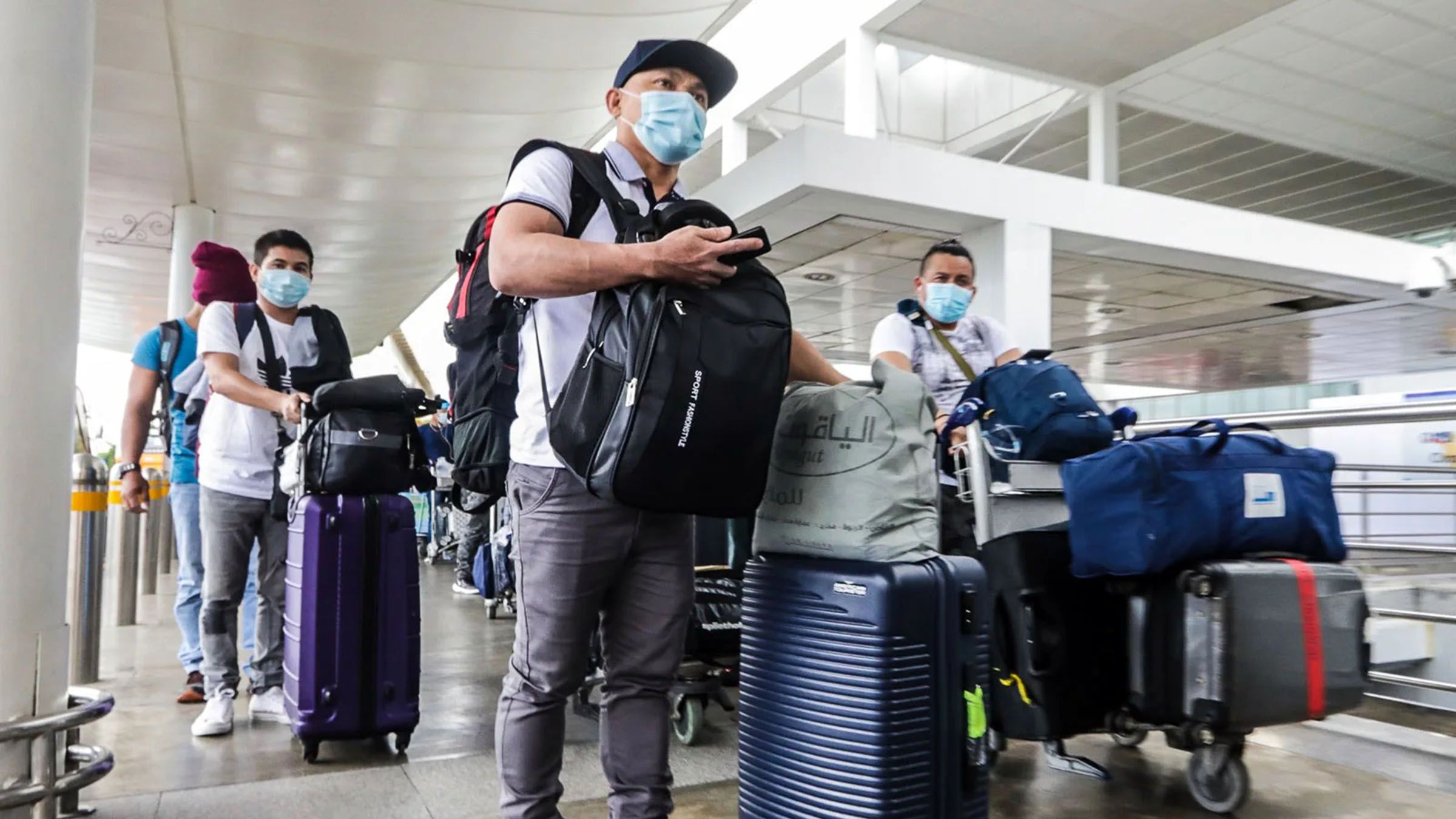In the world of diplomacy, negotiations are often complex, fraught with challenges, and can sometimes reach a deadlock. This has been the case in the recent talks between the Philippines and Kuwait. Despite a common objective to safeguard the welfare of Overseas Filipino Workers (OFWs) in Kuwait, discussions have reached a standstill. However, this stalemate has brought to light the critical issue of ensuring the protection of OFWs, whose contributions significantly bolster the Philippines' economy.
With approximately 250,000 OFWs in Kuwait, the talks were aimed at enhancing their protections and ensuring their rights were respected. However, disagreement over specific terms and conditions has led to a deadlock. Despite this, the Philippines continues to stand firm on its primary mission – to secure the welfare and dignity of its OFWs.
This impasse illustrates the complex nature of international labor agreements, where various cultural, legal, and economic contexts come into play. While it's a shared responsibility to protect migrant workers, arriving at mutually agreeable terms can be a difficult journey.
What is clear from the deadlock is the unwavering commitment of the Philippine government to protect OFWs. In past years, the government has implemented various measures, such as the creation of the Department of OFWs (DOFWs), providing legal assistance to OFWs in distress, and strict regulation of recruitment agencies.
The current deadlock should be seen as an opportunity for introspection and renewed action. Both countries need to reevaluate their stance and strive for a resolution that ensures the rights and welfare of OFWs. It may involve revisiting existing labor laws, fostering open dialogues on cultural understanding, or even calling for the intervention of international bodies if necessary.
The hope is that the deadlock in talks will soon be resolved. In the meantime, the focus remains on OFWs, who bravely face the challenges of working abroad to provide for their families back home. Their courage, resilience, and significant contributions deserve nothing less than firm assurances of their protection and welfare, even amidst diplomatic stalemates.
